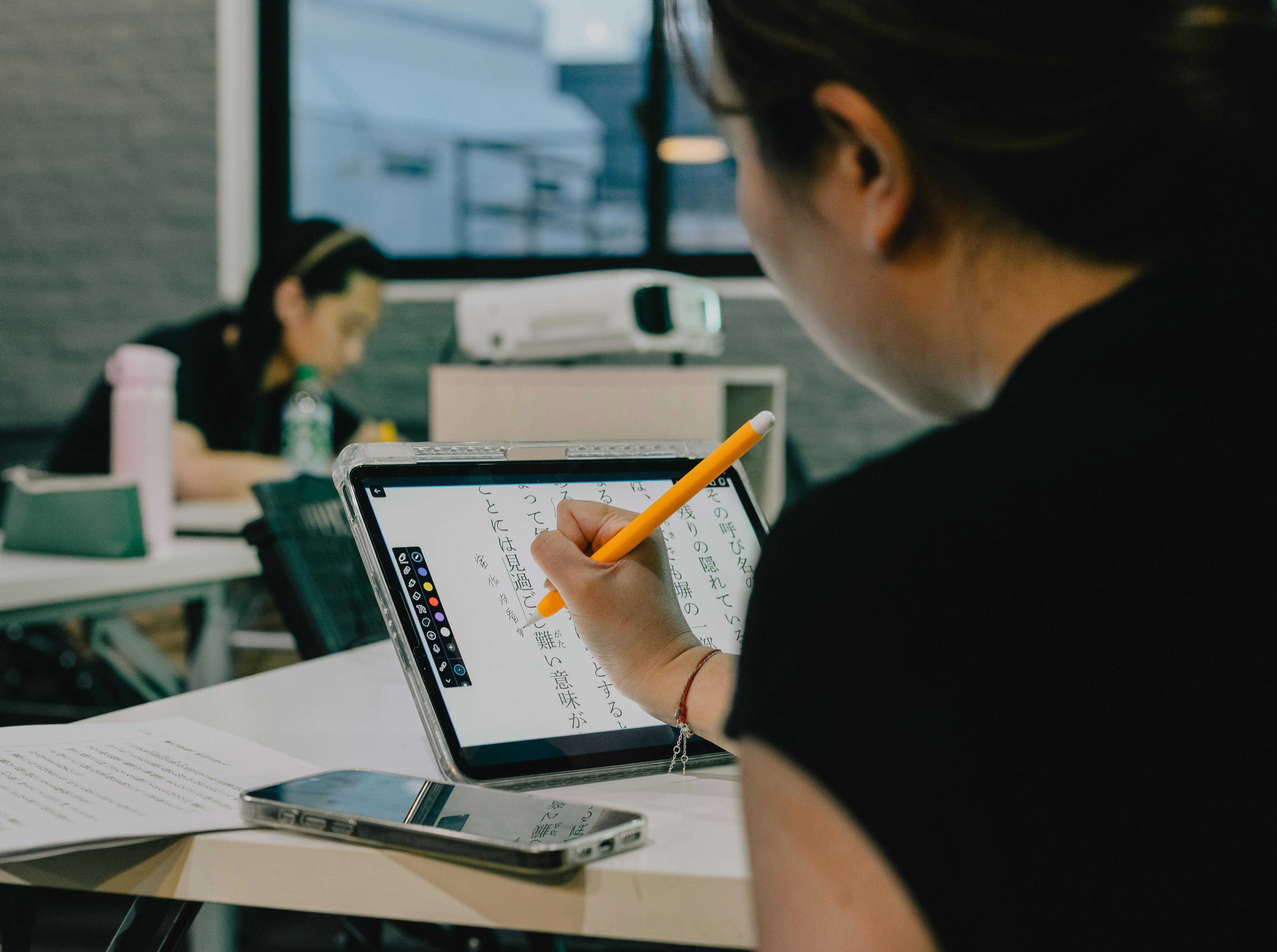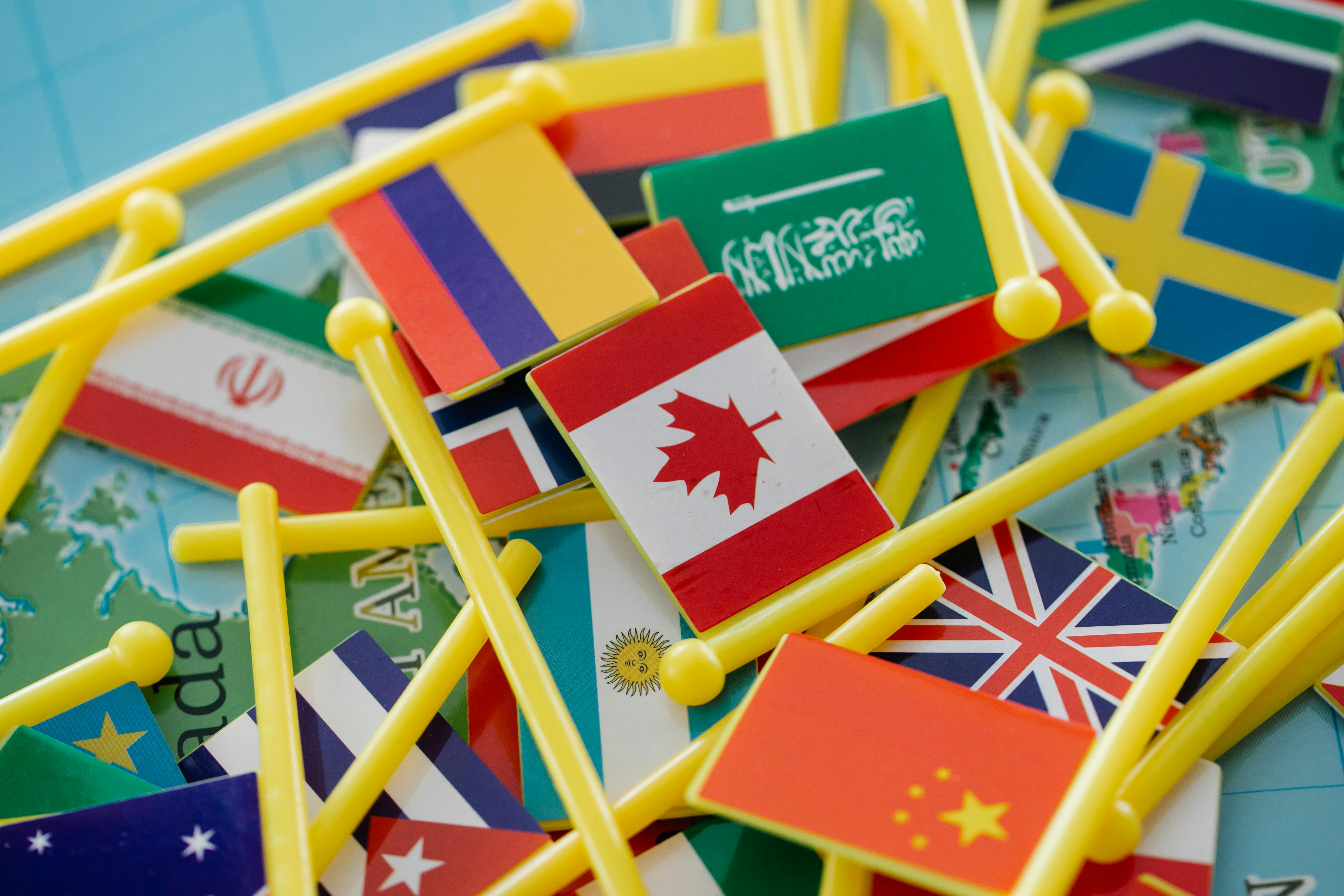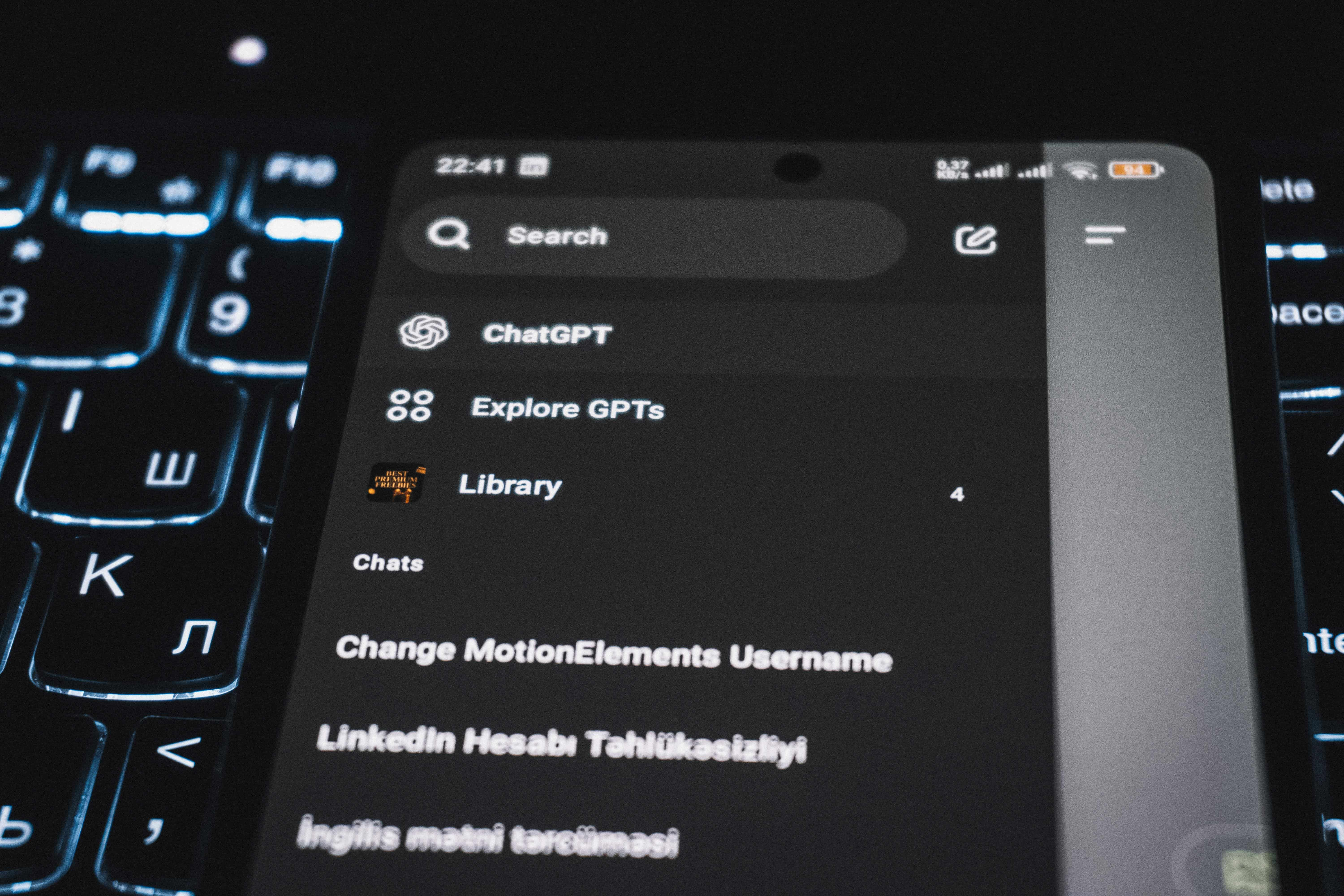Drawn by the booming economies of Thailand, Vietnam, and Indonesia, global businesses are flocking to the vibrant Southeast Asian market. In the high-stakes race for market share, many are turning to a seemingly convenient tool for the sake of efficiency: machine translation. Yet, this shortcut often leads to communication dead ends and brand crises. From embarrassing cultural misinterpretations to potential legal disputes, the limitations of MT are costing ambitious expansion plans dearly. This article unveils the critical differences between professional human translation and machine translation, demonstrating why a nuanced, human-first approach is indispensable for success.
The Machine's Achilles' Heel: Why Context is King
Modern neural machine translation has made impressive strides. For gisting a news article or understanding a simple email, it can be a useful tool. However, when it comes to professional communication, accuracy is about far more than a word-for-word conversion. Language is deeply entwined with culture, context, and intent—subtleties that machines consistently fail to grasp.
Recent studies highlight this gap. While 98% of companies use some form of machine translation in their workflow, a staggering 82% report that industry-specific jargon is not translated accurately by MT alone. This is where the core of the problem lies.
Cultural Nuances: Southeast Asian languages are rich with cultural idioms, honorifics, and context-dependent phrases. For instance, in Vietnamese, the pronoun used to address someone changes based on age, social standing, and relationship. A machine might default to a generic term, which could be perceived as disrespectful or overly familiar. Similarly, a Thai marketing slogan could be technically correct but culturally tone-deaf, failing to resonate with the target audience's values.
Lack of Creative Adaptation: Consider a witty English advertising slogan. A literal machine translation into Indonesian will likely strip it of its cleverness, resulting in a flat or nonsensical phrase. A professional translator, however, doesn't just translate; they transcreate. They capture the original message's essence, humor, and persuasive power, then skillfully adapt it to the target culture. This was famously highlighted when a global brand's tagline was machine-translated into a Thai phrase that sounded like a slang term for a sexual act, leading to widespread ridicule.
The High Stakes of Inaccuracy: Commercial and Legal Ramifications
In business and law, the margin for error is zero. An imprecise translation can transform a meticulously crafted contract into a source of legal disputes or turn a compelling marketing campaign into a public relations disaster.
In the Commercial Arena: A misplaced word in a product description can mislead consumers. A poorly translated user manual can lead to improper use and negative reviews. For businesses entering markets like Vietnam, where customer engagement is paramount, content that feels robotic or unnatural immediately creates a barrier of distrust. It signals a lack of genuine investment in the local market.
In the Legal Sphere: The risks are even more severe. Legal systems in countries like Indonesia have unique terminology with no direct English equivalent. Machine translation can easily produce "false friends"—words that look similar but have vastly different legal meanings. A mistranslated clause in a partnership agreement, a compliance document, or intellectual property filing can lead to devastating consequences, including financial loss, contractual invalidity, and lengthy court battles. The lack of confidentiality in free online translation tools also poses a significant data security risk for sensitive legal and business documents.
The Artlangs Advantage: Human Expertise in a Global Age
This is where the distinction of a dedicated, professional translation service becomes clear. True professional translation is a human-centric craft, augmented by technology but led by linguistic and cultural expertise.
For over a decade, Artlangs Translation has been at the forefront of breaking down these complex language barriers. Specializing in over 230 languages, we have cultivated a deep understanding of the intricate linguistic landscapes of Thailand, Vietnam, Indonesia, and beyond. Our strength lies in our people—native-speaking linguists who are not only masters of language but also subject matter experts in fields like law, marketing, and technology.
Our rich localization experience extends across a wide array of services:
Expert Document Translation: From legal contracts to technical manuals, we ensure every word is precise, legally sound, and culturally appropriate.
Video and Subtitle Localization: We don't just translate dialogue; we adapt humor, cultural references, and on-screen text to create an authentic viewing experience for local audiences, a crucial service for the booming short-form drama and streaming markets.
Gaming and Audiobook Localization: We bring virtual worlds and compelling stories to life with multi-language voiceovers that capture the original's emotional depth and character nuances.
Our extensive portfolio of successful case studies speaks to our commitment to quality and our ability to help brands connect genuinely with their target markets. We understand that every word matters because we've seen firsthand how professional, human-powered translation drives engagement, builds trust, and ultimately, delivers a significant return on investment.
Conclusion: An Investment in Understanding
While the allure of instant, free translation is strong, it's a gamble that global-minded businesses cannot afford to take. The potential for cultural missteps, brand damage, and legal liability far outweighs the initial perceived savings.
To truly succeed in the dynamic markets of Thailand, Vietnam, and Indonesia, your message must be more than just understood; it must be felt. It requires a translation that is not only accurate and fluent but also culturally resonant and persuasive. It requires the human touch.
Before you entrust your brand's voice to an algorithm, ask yourself: Is your translation truly professional? If there's any doubt, it's time to invest in the clarity, security, and cultural expertise that only professional human translators can provide.











